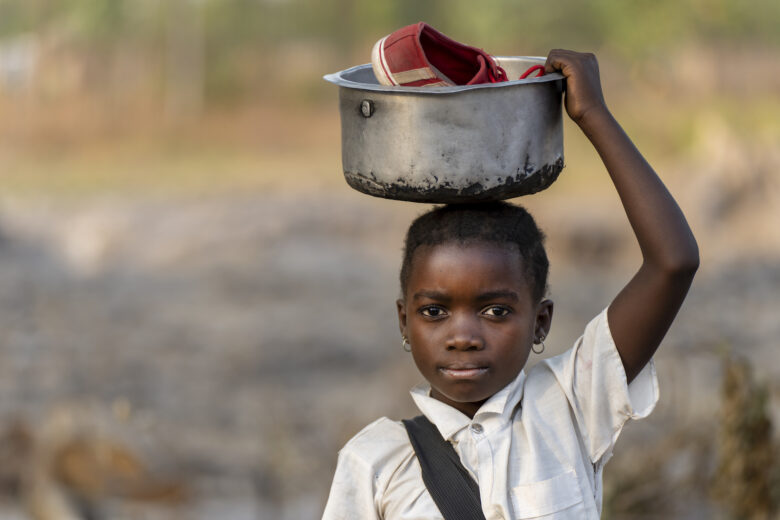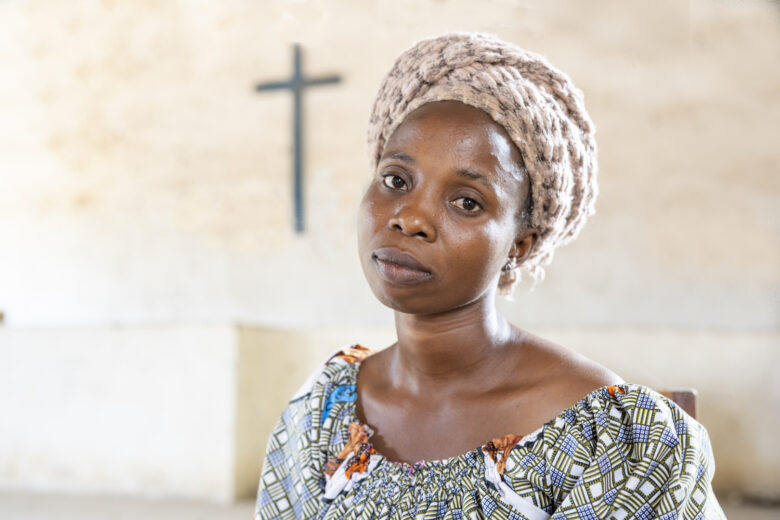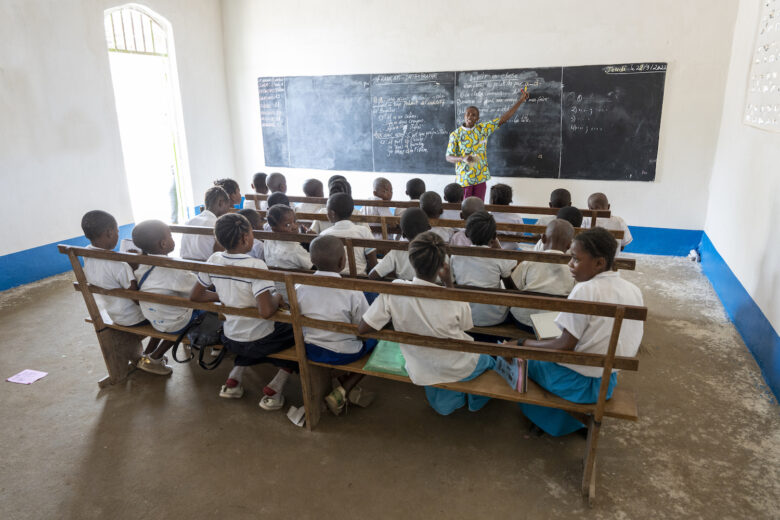Fida workers report amid crisis in Congo: ‘Every week new families arrive to escape the fighting’

In the Democratic Republic of Congo, the protracted conflict and hunger crisis have feed each other to make the situation worse. The country is currently experiencing one of the worst hunger crises in the world: up to 27 million people are living with acute food shortages. We visited in the midst of the crisis.
Fida and the Congolese partner church CEPAC distribute humanitarian aid to Internally Displaced Persons (IDPs) in eastern Congo. IDPs refers to refugees that are within their own country. Fida’s humanitarian aid expert Tero Mesiäislehto and communications specialist Hannu Happonen visited five communities with IDPs in the Fizi region in September 2022 to assess the need for assistance. During the trip, the security situation in the area worsened again.
– There is constant fighting and IDPs have been coming to these areas for about a year now. Every week, new families arrive. They need a lot of help. The greatest need at the moment is for food aid and health care, reports Tero Mesiäislehto.
People interviewed by Fida workers had fled rebel attacks in their home villages and had come seeking refuge in Lweba village.

Zawadi arrived in Lweba a year ago in October with her husband and six children.
– Our home is located at the foot of the mountain. The mountains are inhabited by rebel groups that attack villages, burn houses and kill residents. We narrowly escaped the attack.
IDPs who have arrived in Lweba often settle with the locals of the area, for example, in their spare rooms or external buildings. Zwadi and her children are lucky, as they live in a house they rented. The owner of the house moved to another town and wanted to help Zawadi by renting his home to them. To earn money for rent and food, Zawadi goes to work in the fields of local villagers.
– In my home village, I grew corn, potatoes, cassava and beans. Here I do not have the opportunity to farm since I do not have my own land. However, when I work in villagers farms, I get paid with food, however, the food is not always enough to feed my family.
Zawadi has not remained idle. She is an active member of the Fida Humanitarian Project Committee, whose task is to map out needs in the area and also assess how the work is progressing.

Fida and CEPAC have expanded and renovated the community’s primary school to accommodate the arriving IDP children. The renovation of the school was almost completed at the end of September, and already 600 students had been able to continue their daily studies. The Fida project has also ensured that children with disabilities are included in receiving an education. The number of students with disabilities at Aman’s school has doubled in the last year.
– Many residents said that the support we have given to the school has encouraged them and given them hope, says Tero Mesiäislehto.
Zawadi’s school-age children are also going to the school. Zawadi is grateful that her children have been able to continue their education despite the precarious situation.
– My hope is, of course, that peace will return, and we will be able to go home. The most important thing would be for my children to get an education. Then they could build a better life for themselves.
Constant fighting complicates humanitarian work
The security situation in the eastern part of the Democratic Republic of Congo is highly unstable. Local conflicts between the army and rebel groups are a constant threat. On Saturday October 8th Lweba was also attacked again. Fida’s humanitarian coordinator, Welongo Faizi, reports that schools in the area have been briefly closed and people are scattered.
– Some children are also missing. When rebel forces entered the village firing their guns, people fled in all directions. Some have ended up in camps for internally displaced persons and many have gone to seek shelter in Baraka, the capital of Fizi region.
CEPAC continues its work in eastern Congo in the midst of an ever-worsening humanitarian crisis. Food is distributed to those who have fled the fighting, schools are renovated, and safe child-friendly spaces are provided for children.
